Writing
Intent
When our pupils leave Brookfield Junior Academy we want them to be able to write with grammatical accuracy and apply spelling patterns correctly using a neat handwriting style. We aim to expose our pupils to a wide range of vocabulary so that they are able to decipher new words and then use them informally and formally.
We also aim for our pupils to apply their writing skills to all areas of the curriculum. Our aim is to provide high-quality teaching and learning experiences so our pupils become enthusiastic, confident, and independent.
We will enable pupils to achieve a passion for writing by providing stimulating and exciting experiences based around high-quality materials and opportunities for learning which will lead to every child reaching their full potential.
Implementation
English Writing
Foundation Stage
We believe that communication and language, with opportunities to explore reading and writing, underpins the future learning of our pupils. Within our reception class, pupils have access to planned whole class or group writing activities but also many opportunities for child-initiated writing activities.
These may include the following:
• Opportunities to develop and experience speaking and listening skills.
• Experiences that develop fine and gross motor skills through play and mark-making activities.
• Sharing and enjoying a range of rhymes, songs, stories, and books.
• Immersion in a print-rich environment with opportunities for oral language and written communication.
• Whole class shared text activities.
• Computing opportunities on PCs, tablets, and smartboards.
• A focused text-based literacy session daily with different activities that teach pupils early communication language and literacy skills.
• A daily phonics session.
Key Stage One And Two
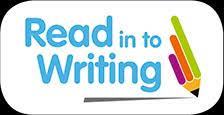
Brookfield Junior Academy follows the Rising Stars: Reading into Writing (RitW) scheme of work for teaching English. English lessons occur daily across school.
The texts that are studied in the RitW curriculum have been carefully selected to give pupils a breadth of reading experience that includes exploration of themes, philosophical questions, context, the pupil’s own experiences as well as the emotional journey the characters go on in the stories. Thus, RitW helps pupils to develop in the ways intended from the purpose of study, whilst acquiring knowledge and broadening their vocabulary, using all that they learn to express themselves in writing. In this way, RitW develops children’s understanding of themselves, others and the world.
The Reading into Writing overview can be accessed at the bottom of the page.
Spelling
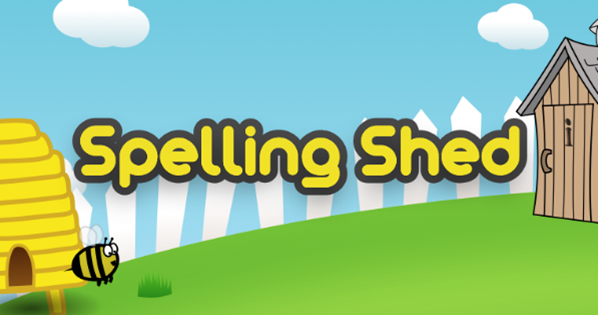
We believe foundations in spelling should be put in place from an early age. Within Reception and KS1 the focus is on phonics and pupils are immersed in phonics (closely linked to their early reading development) as soon as they enter school and can access a daily phonics lesson.
As pupils move through KS1 the focus changes from phonics to the acquisition of spelling rules and strategies.
Key spelling strategies and rules are taught within the classroom and pupils receive weekly spelling lists or individualised spelling lists to learn at home.
Alongside learning spelling rules and strategies years 3/4 and years 5/6 are also expected to learn the words lists as stated in the National Curriculum. This is supported through spelling games and activities in class.
Spelling is important to all pupils, and it is essential that they are given every opportunity to embed key spelling rules so that they are then able to apply them to their own writing.
Daily spelling sessions take place in all classes using the SpellingShed scheme. SpellingShed is an excellent online resources that all children from Y1 - Y6 can access at home to practice their spelling. There are lots of fun games for them to play while learning their spellings. Weekly assignments will be set by teachers and certificates will be awarded. All children have their own log-in, which can be found in their planner.
Information to log-in and use Spelling Shed can be found at the bottom of the page.
Handwriting
At Brookfield Junior Academy, we want our pupils to reach high standards of presentation in their work. We believe that if a pupil is proud of the standard of presentation they have achieved; they will be more enthused and motivated to write again and again.
Fine-motor skill development and correct pencil grip are key to developing handwriting. In Foundation 1 and 2 teachers carefully plan activities designed to strengthen the children’s finger muscles in order to have better control over their pencils.
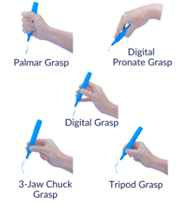
Pencil grips develop through different stages as the children develop. Children are assessed on their initial pencil grips and encouraged to work through the developmental stages towards the tripod grip in their dominant hand. In the younger year groups and where necessary, children will be monitored on their pencil grip and fine-motor skills. Where these require further support, interventions will be put in place.
The scheme of work we follow for handwriting can be seen at the bottom of the page.
Handwriting is planned and taught on a daily basis. Each class aims to have one discrete handwriting session each day. Teachers provide individual correction and support for all pupils during lessons, including letter formation, correct posture and pencil/pen grip. All pupils will start handwriting lessons with a pencil, but will move onto a fine nib ink pen at the teachers’ discretion. There is no age related watershed for this – essentially, when the child is ready and skilled enough with a pencil, thought may be given to a pen.
Assessment
In order to assess writing throughout the academy, all teachers from FS – Year 6 will moderate 6 pieces of each child’s work across the year. If evidence isn’t specifically found in a piece of writing, teachers can assess pupils using spelling tests and handwriting in other subjects.
To ensure that judgements are secure, we work collaboratively and engage in school, trust and local authority-wide moderation sessions where writing is shared and judgements are agreed.
Special Educational Needs (SEND)
All pupils have the right to and will receive quality first teaching. Any pupils with identified SEND may have work that is different from their peers in order to access the curriculum dependent upon their needs. As well as this, our school offers a varied curriculum, providing pupils with a range of opportunities in order for them to reach their potential and achieve highly from their starting points.
In order to engage all pupils, cultural diversity, home languages, gender, and religious beliefs are all celebrated. Our English curriculum includes a wide range of texts and other resources which represent the diversity and backgrounds of different pupils.
We recognise that parents play a large part in the education of their pupils. At Brookfield Junior Academy parents and staff work together in partnership to encourage the qualities, attitudes, knowledge, understanding, and competencies that are necessary to equip pupils for adult life.
Impact
- Pupils are taught progressively and at a pace appropriate to each individual child.
- At the end of each year, we expect the pupils will have achieved Age Related Expectations (ARE) for their year group. Some pupils will have progressed further and achieved greater depth (GD).
- Pupils who have gaps in their knowledge receive appropriate support and intervention to help them keep up.
- Books and displays will evidence high-quality writing outcomes for all pupil groups.
- Pupils will write with confidence and accuracy for a variety of purposes and audiences.
- Pupils will feel proud of their work and talk confidently about their learning.
Take a look at some of our amazing writing at Brookfield:
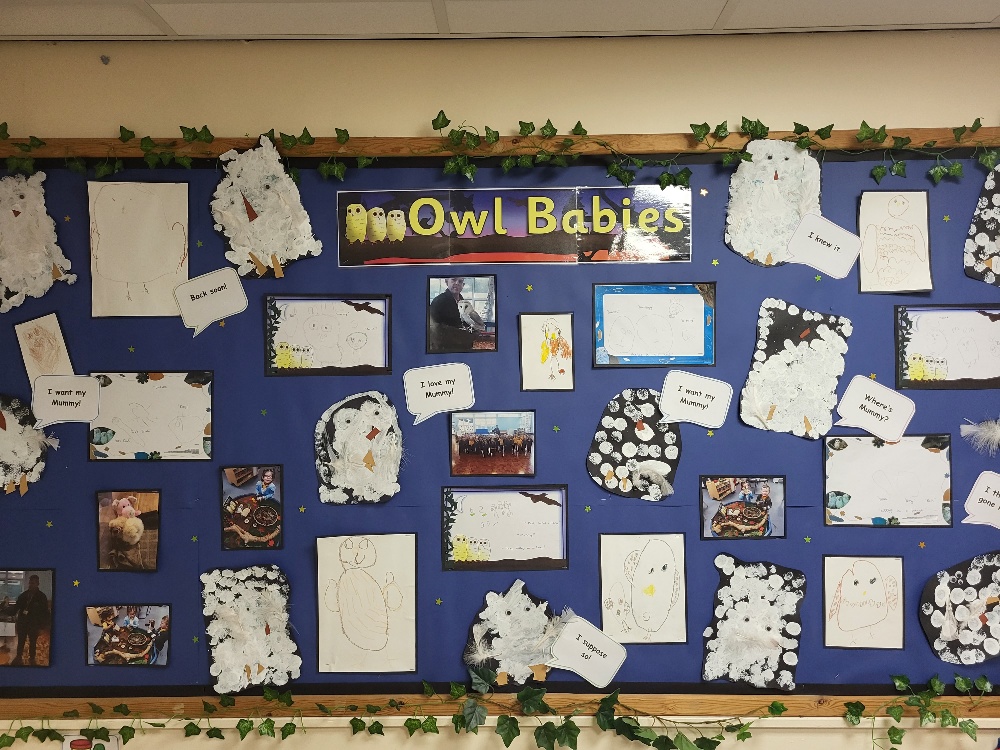
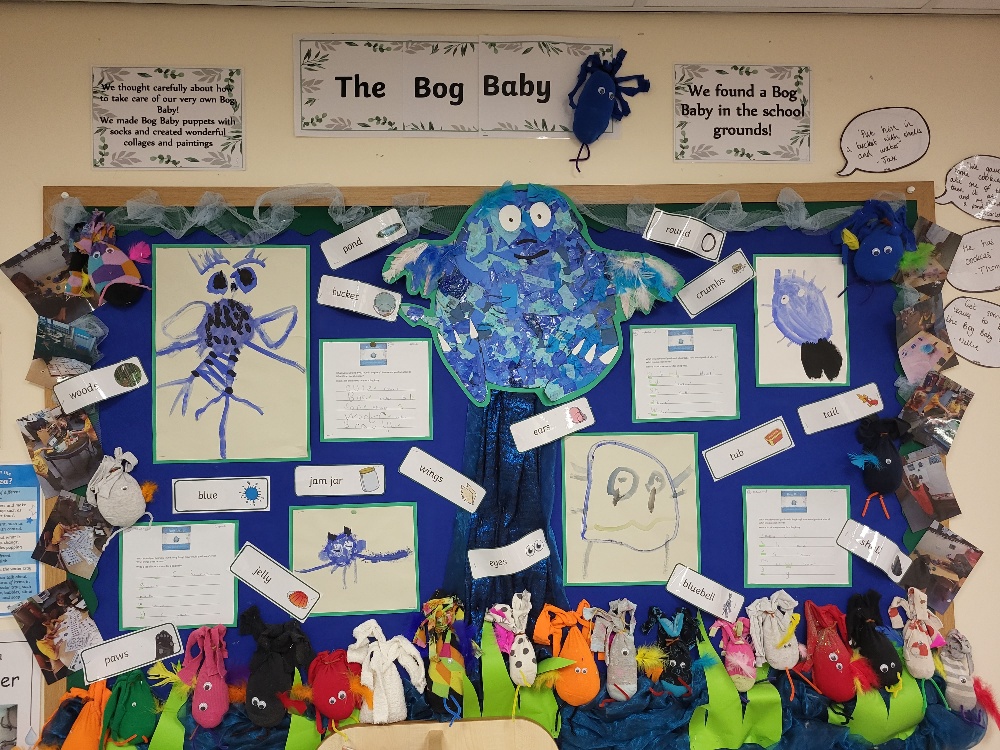
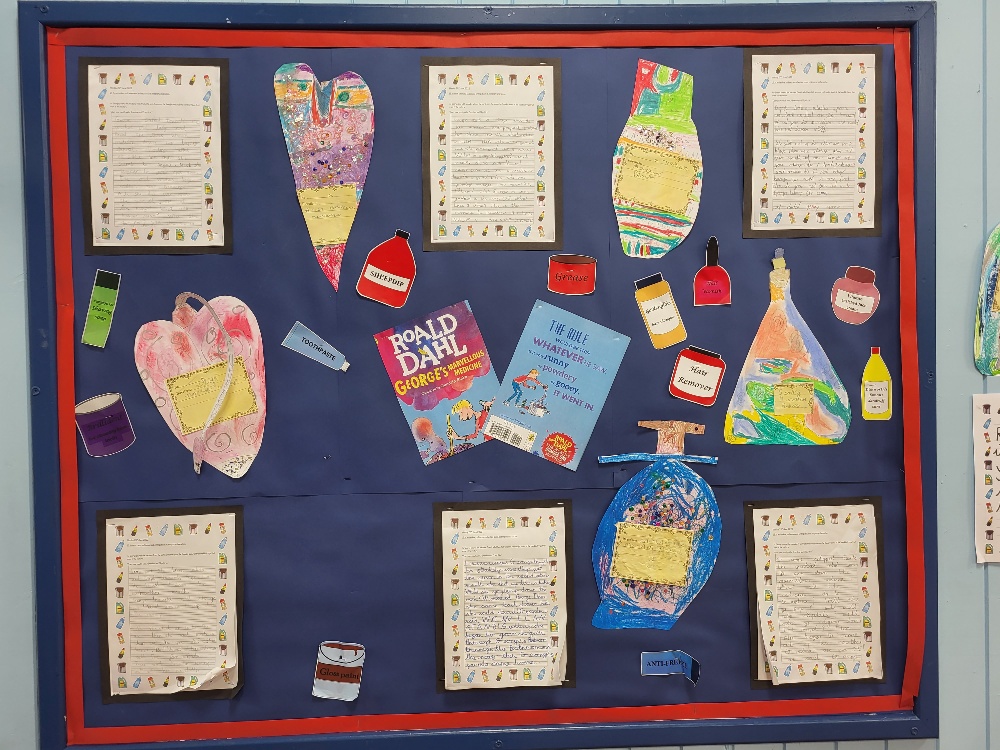
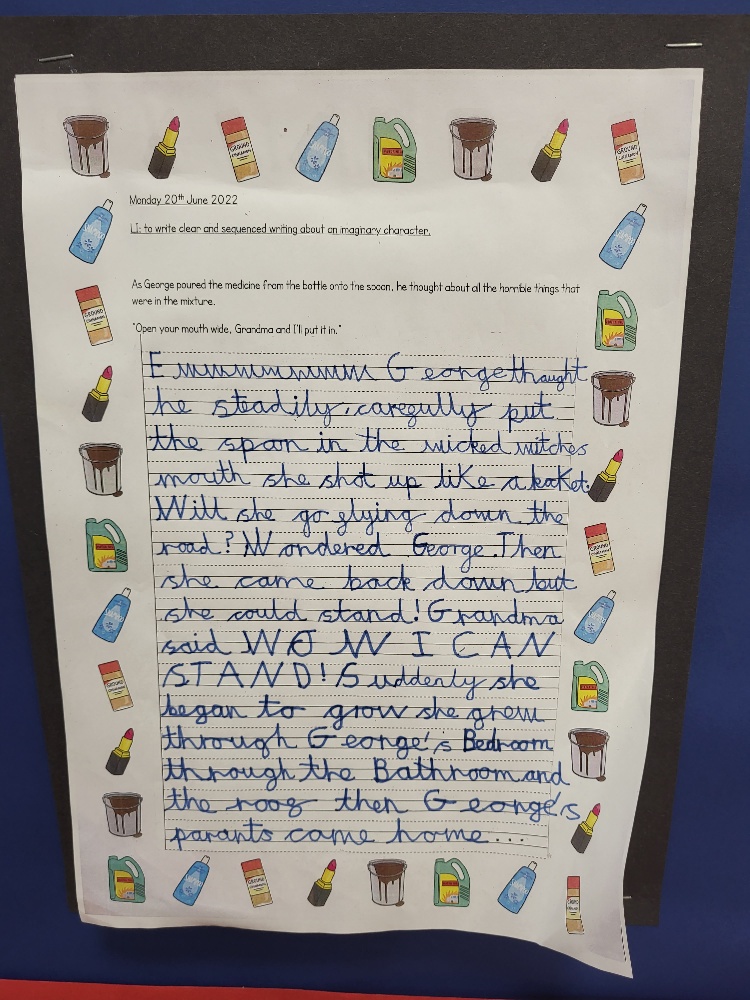
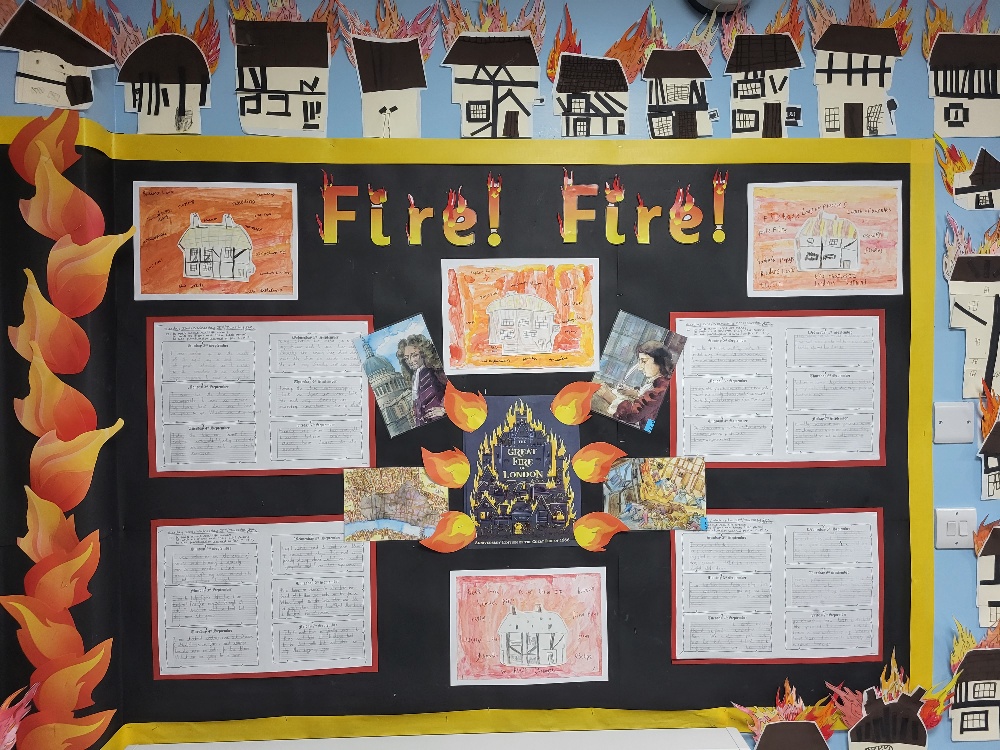
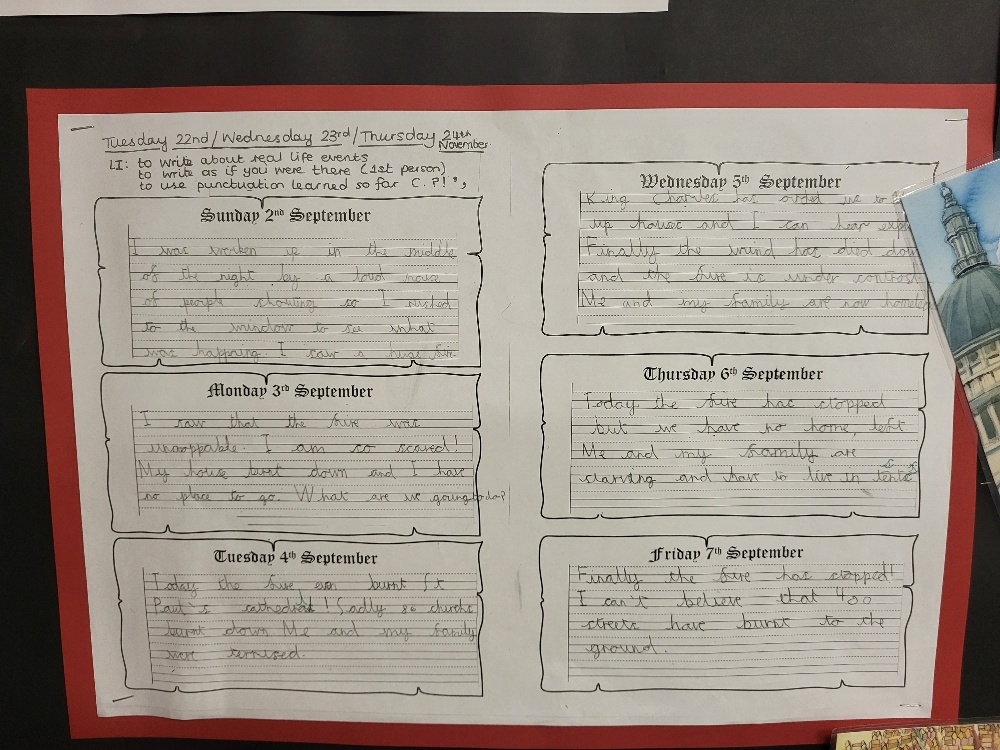
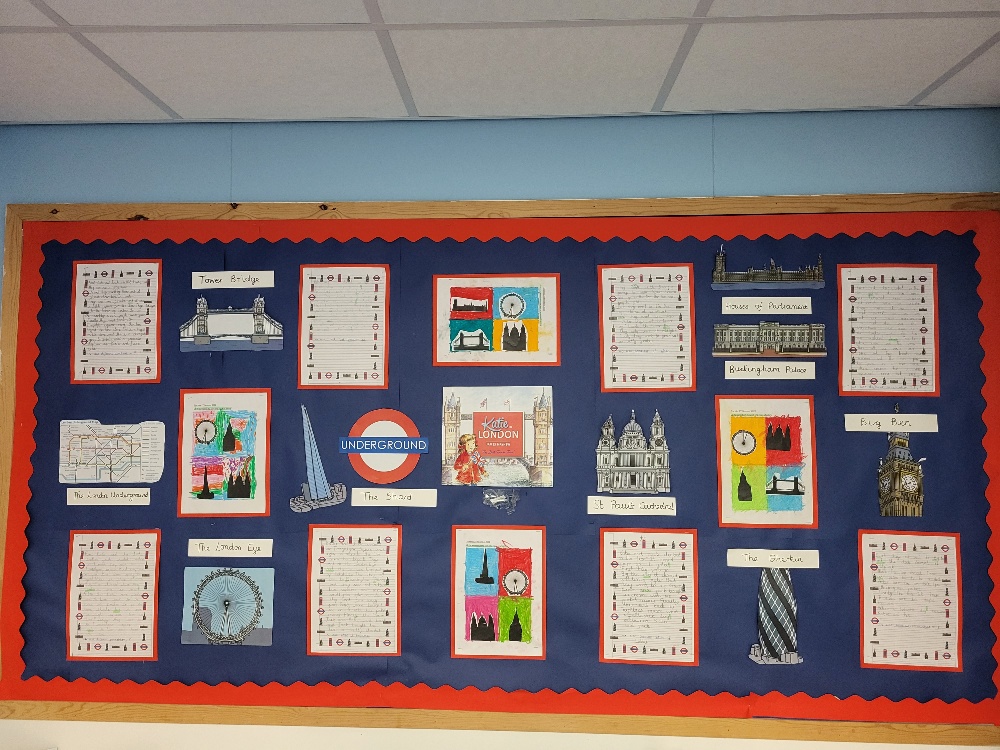
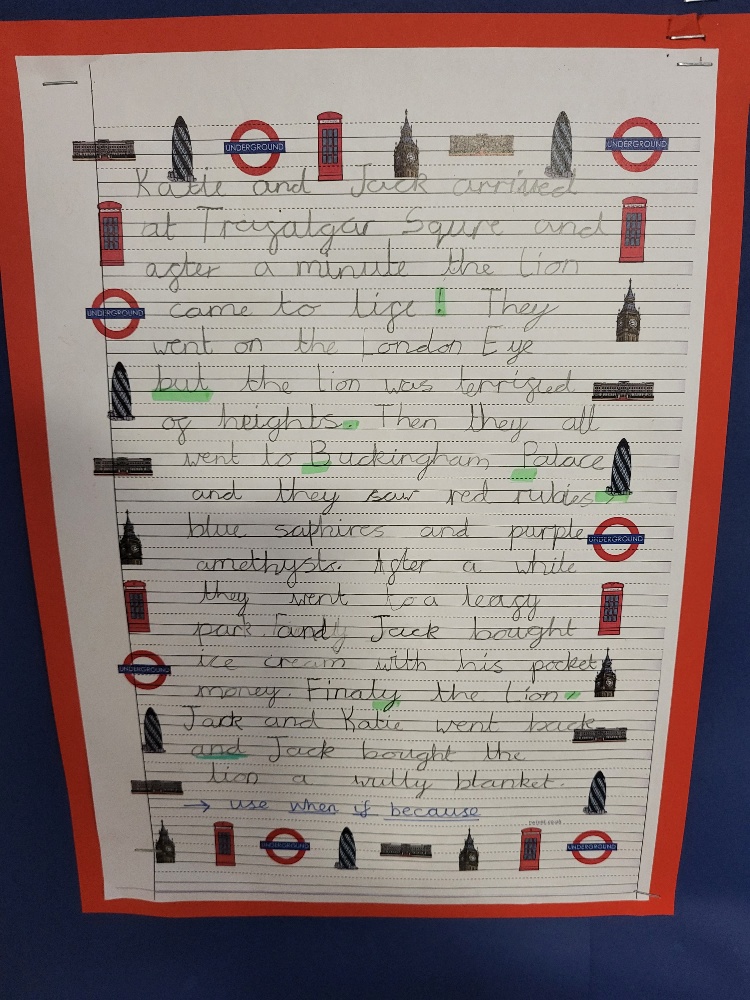
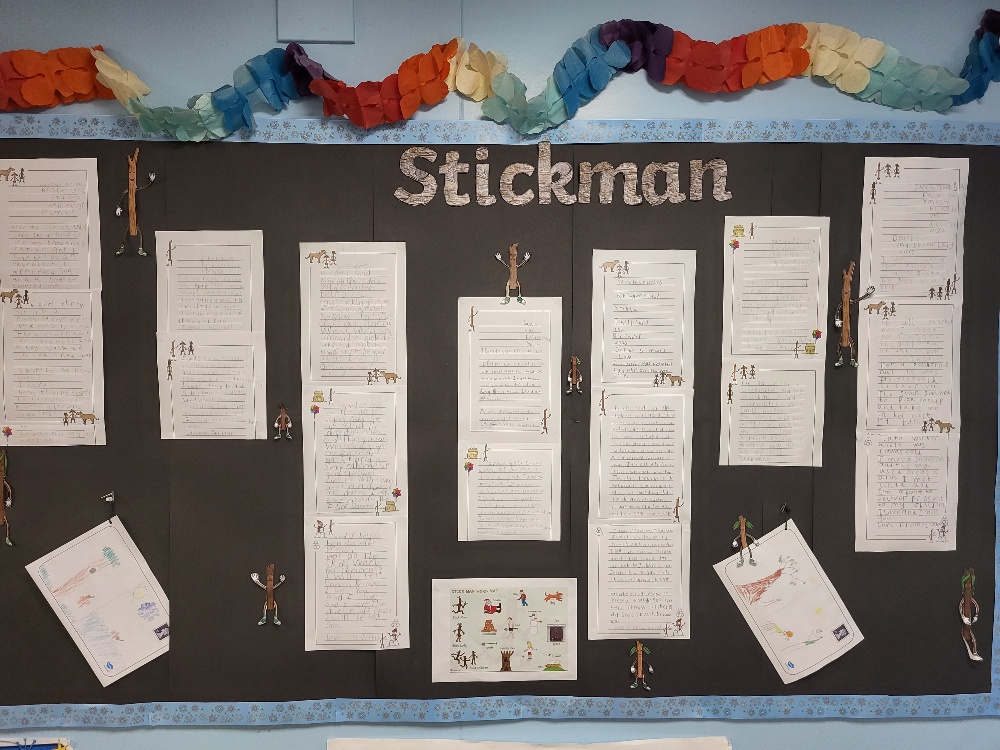
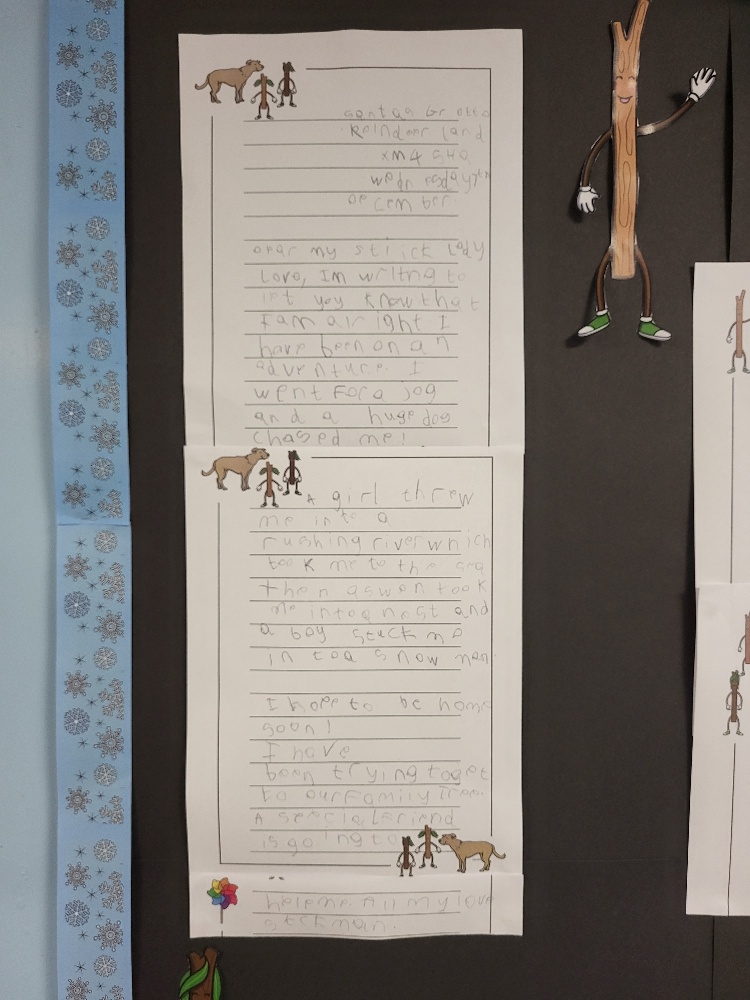
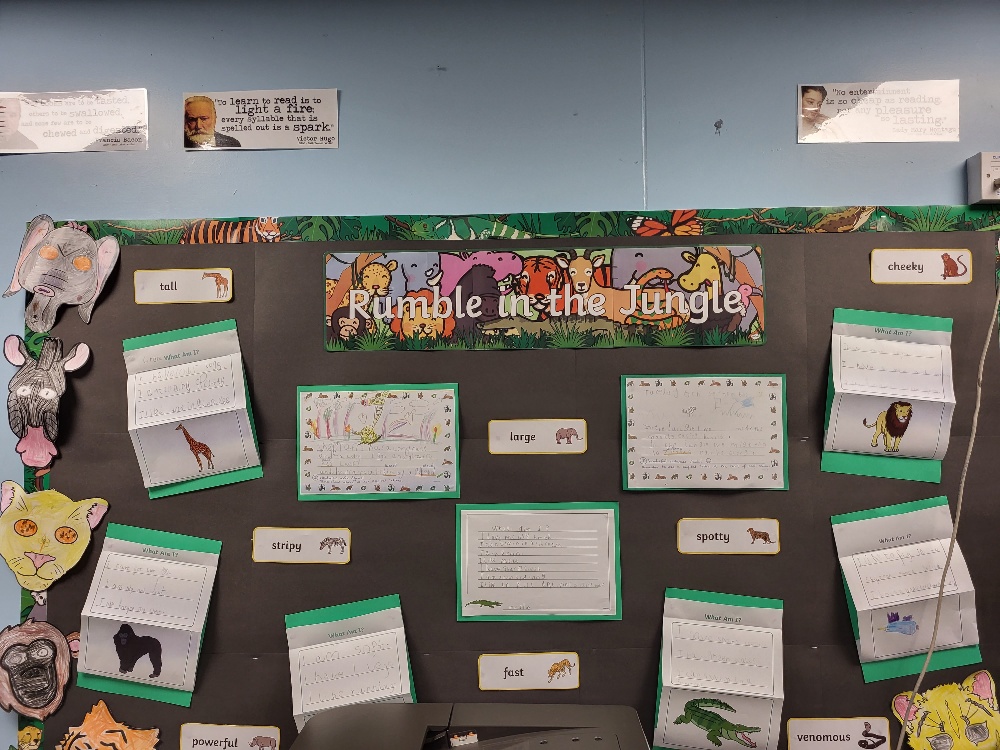
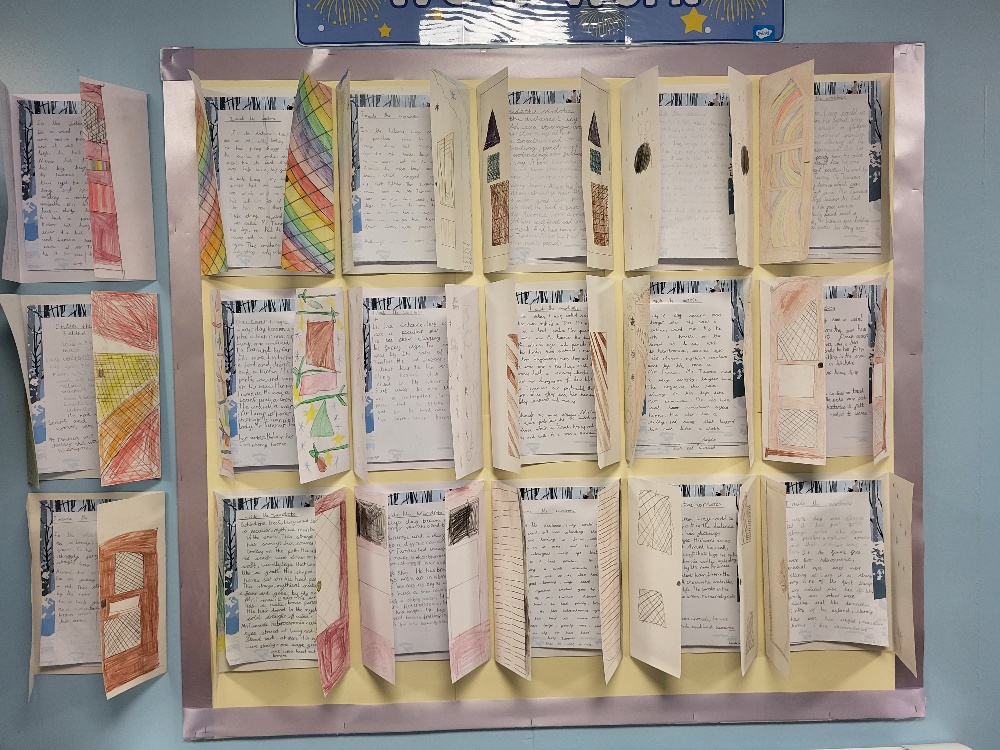
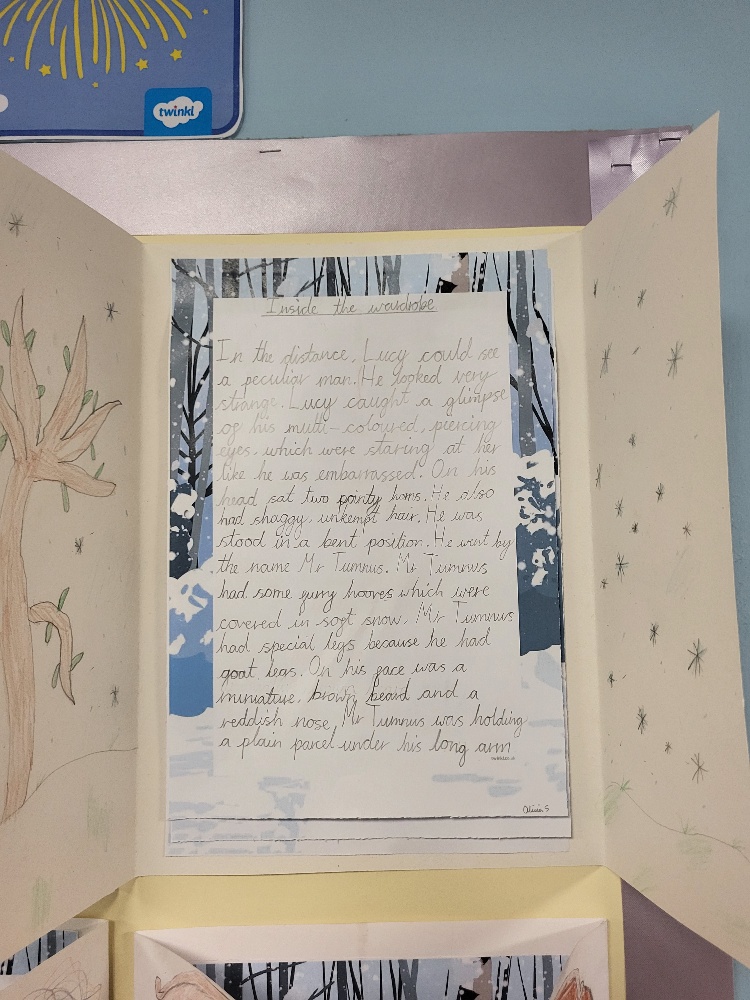
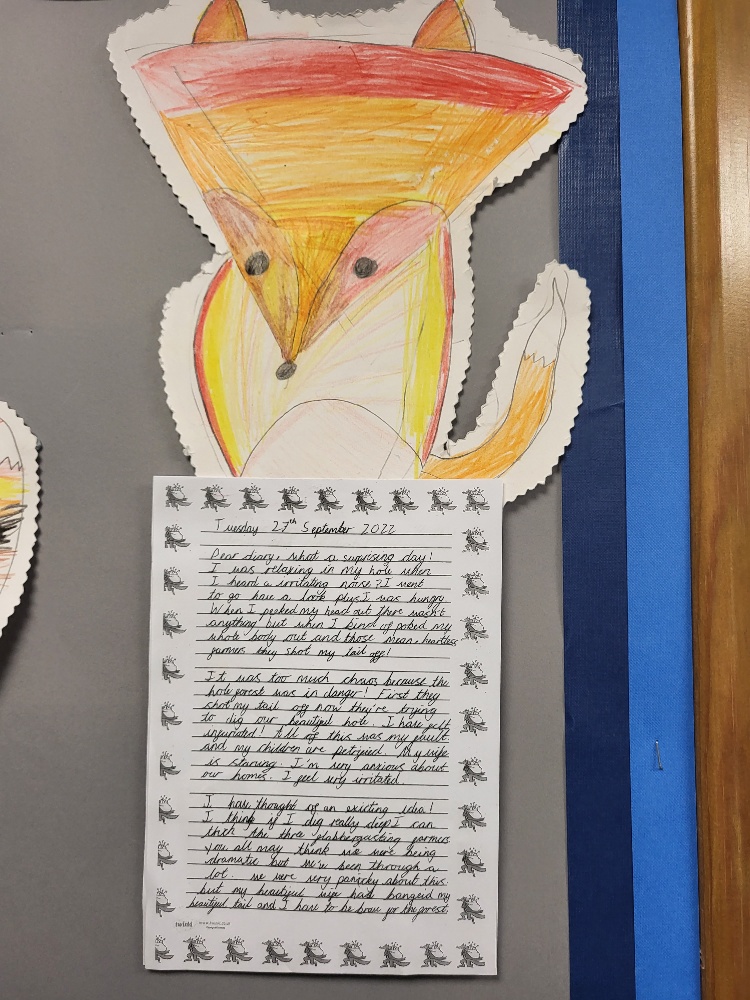
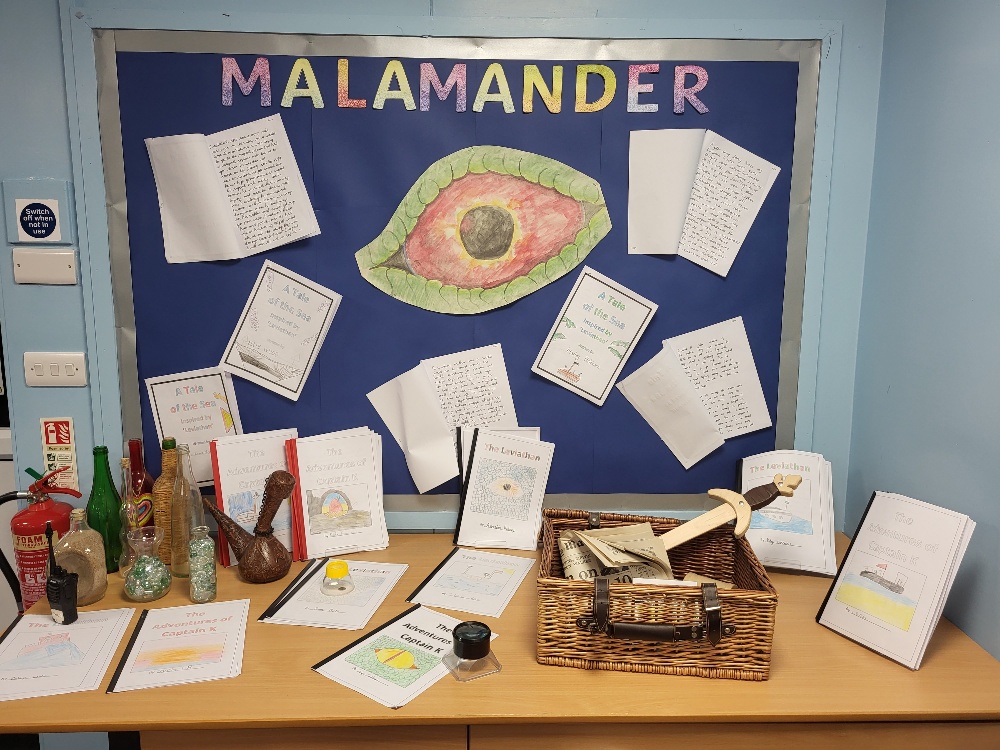
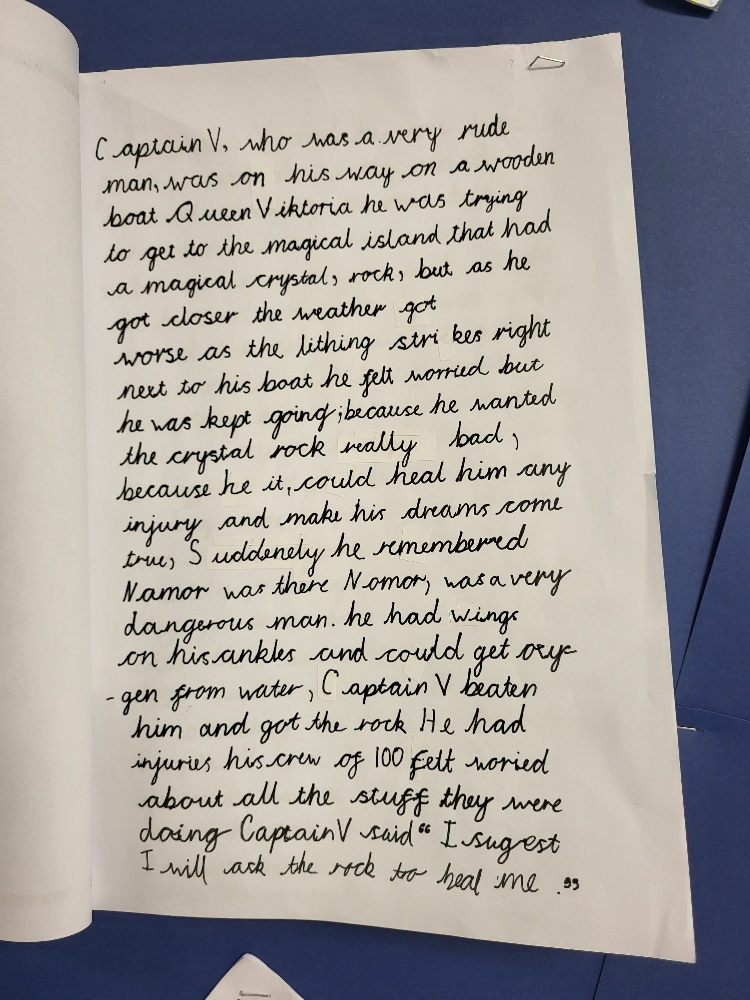


Mrs Pounder is the Brookfield Writing lead if you would like any more information.